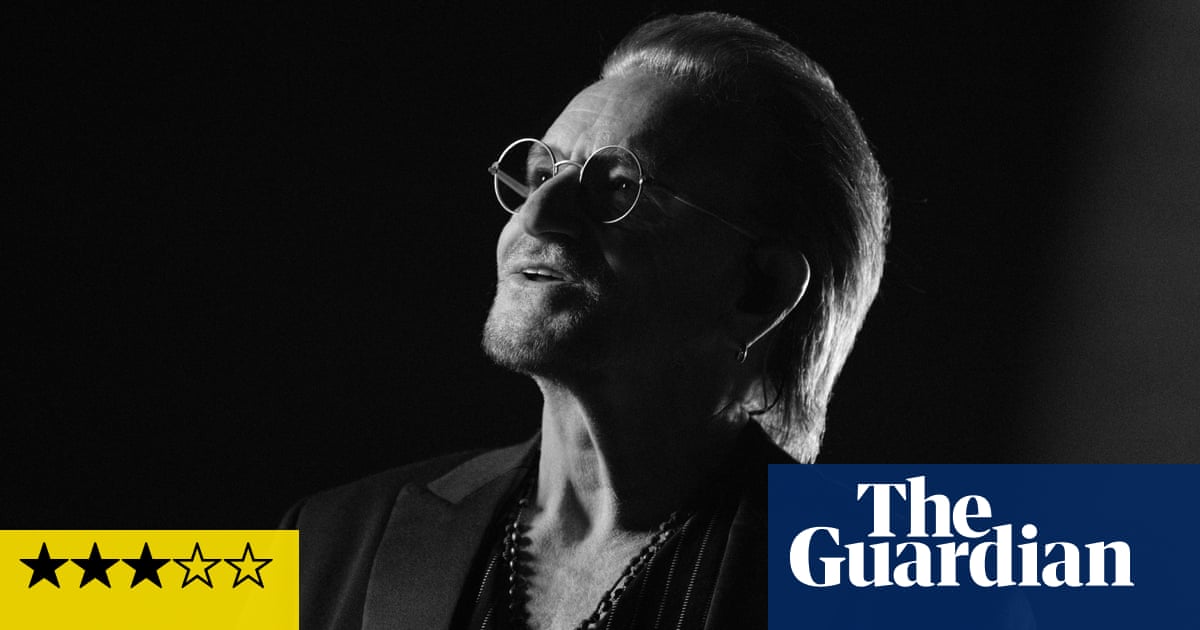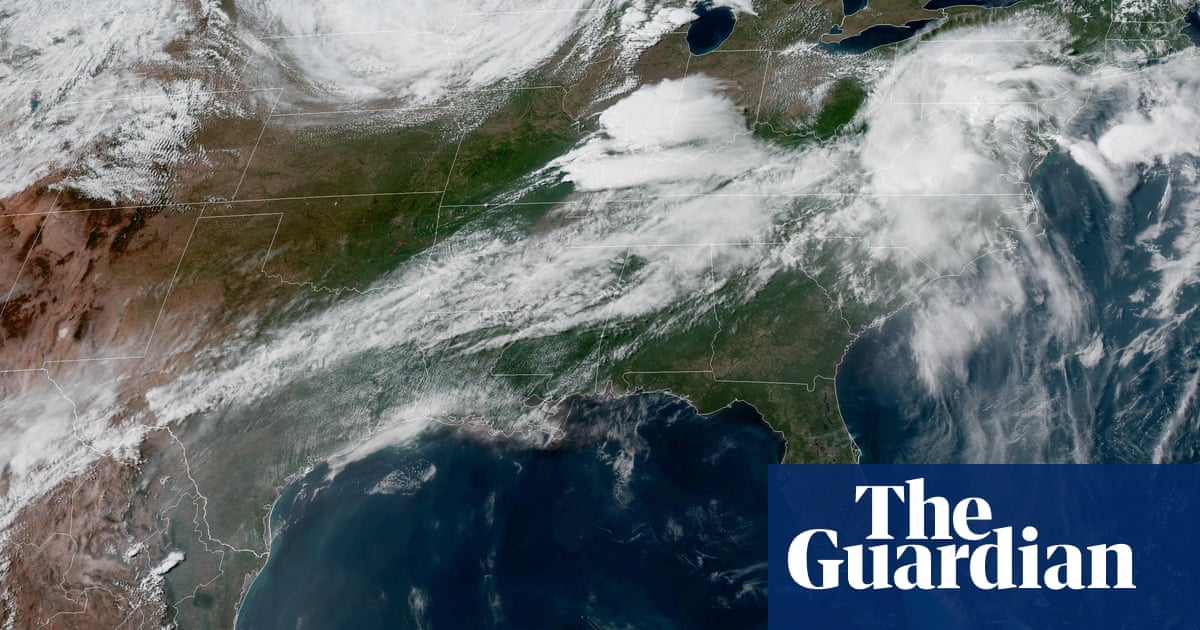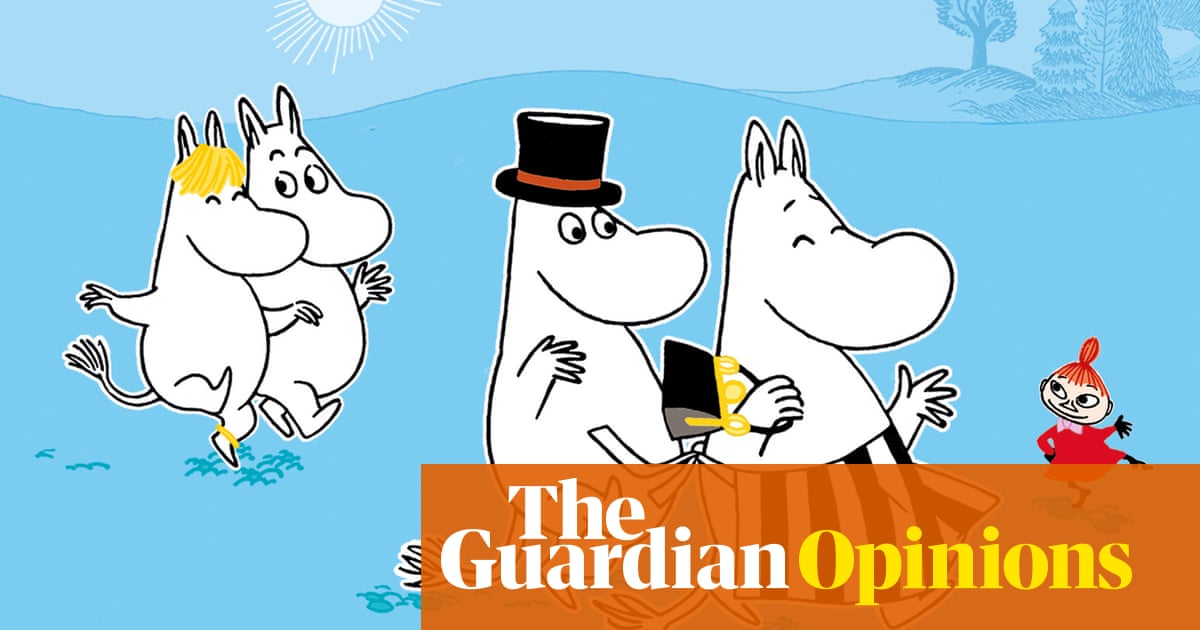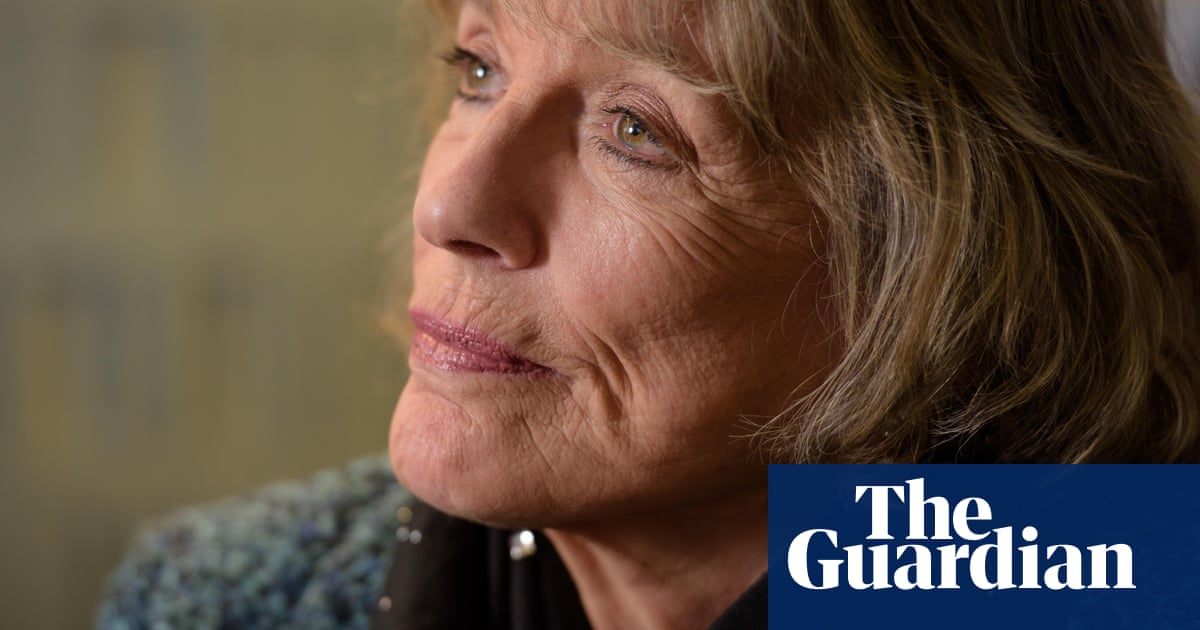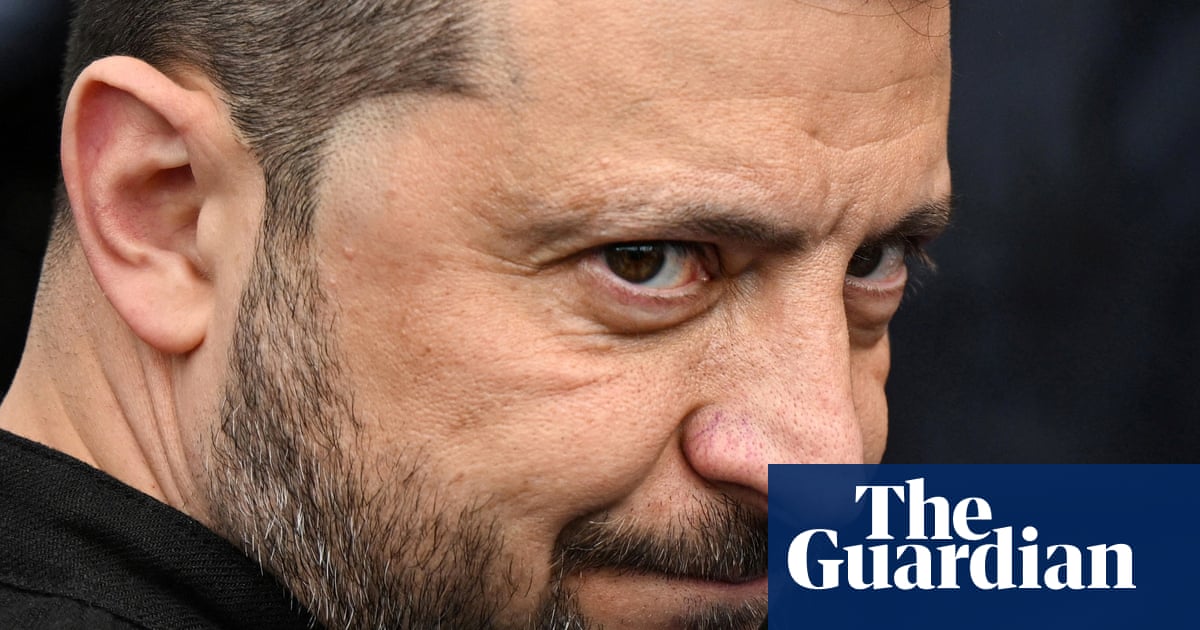There is nothing like impending death to concentrate the mind on life. Certainly not for Harold Fry, the Bunyanesque modern-day everyman who goes out to post a letter to his terminally ill, long-lost friend and ends up hiking 500 miles to say goodbye to her in person.
Harold (Mark Addy), middle-aged and mournful, leaves his Devon home and his distant, disenchanted wife, Maureen (Jenna Russell), to go to the post office. But he is inspired by a petrol station attendant (Sharon Rose, twinkling as Garage Girl) to begin his secular pilgrimage to the Berwick-upon-Tweed hospice where Queenie (Amy Booth-Steel) lies dying.
The development of this musical follows a familiar trajectory: it is an adaptation of a best-selling novel (by Rachel Joyce), which has already been turned into a film starring national treasures (Jim Broadbent and Penelope Wilton). If sentiment laced the story in its original form, then schmaltz led the latter incarnation. The same syrupy, unabashed sentimentality roves through this show, adapted by Joyce herself.
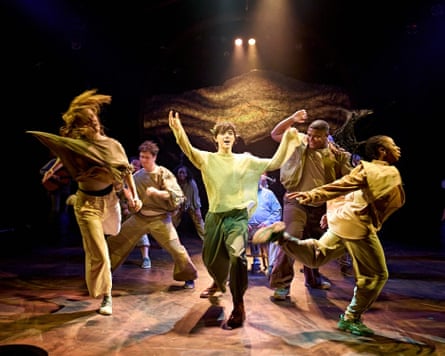
But its winning twist lies in the music, composed by singer-songwriter Michael Rosenberg, otherwise known as Passenger, which blasts the story through with folksy heart and foot-stomping soul. One belter follows another from the first song, Rise Up, to the last, Here’s One for the Road.
The tunes are twinned with vibrant choreography by Tom Jackson Greaves and director Katy Rudd’s imaginative staging fuels the show’s idiosyncratic spirit. It is performed within a luminous circle on Samuel Wyer’s playfully lo-fi set, an abstract back-screen reflecting the changing landscape, with actors standing in for trees, sheep and washing lines. Some scenes break out into fantasy, garish and whirling at times, witty at others. Together, it has the makings of a quirky West End transfer, in the mould of The Curious Case of Benjamin Button.
Jack Wolfe is compelling, first as the Balladeer and then as Harold and Maureen’s dead son. He has an uncanny resemblance to Earl Cave (his counterpart in the film) and is an almost ubiquitous presence, first benign, then agitating and angry. Russell is slowly, icily magnificent as a woman estranged from herself, while Addy’s Harold, stolid and unremarkable, comes alive slowly, as if thawing back into feeling all of life’s pain and joy that he has thus far held at bay.
Harold’s unlikely Instagram stardom attracts a band of pilgrims/outcasts and they bring broadness and warmth albeit earnestness too. In fact, the stray dog – an exquisite puppet – outshines them all.
The book’s discussions around faith are muted and emotions come in primary colours, while the script abounds with wholesome mottoes for life. Yet still it does not pull its punches around the messiness of grief and the anger around loss. It pulls you irrepressibly in with its rousing message that life is not for regret but for kindness, gratitude – and most of all for living.

 10 hours ago
10
10 hours ago
10

